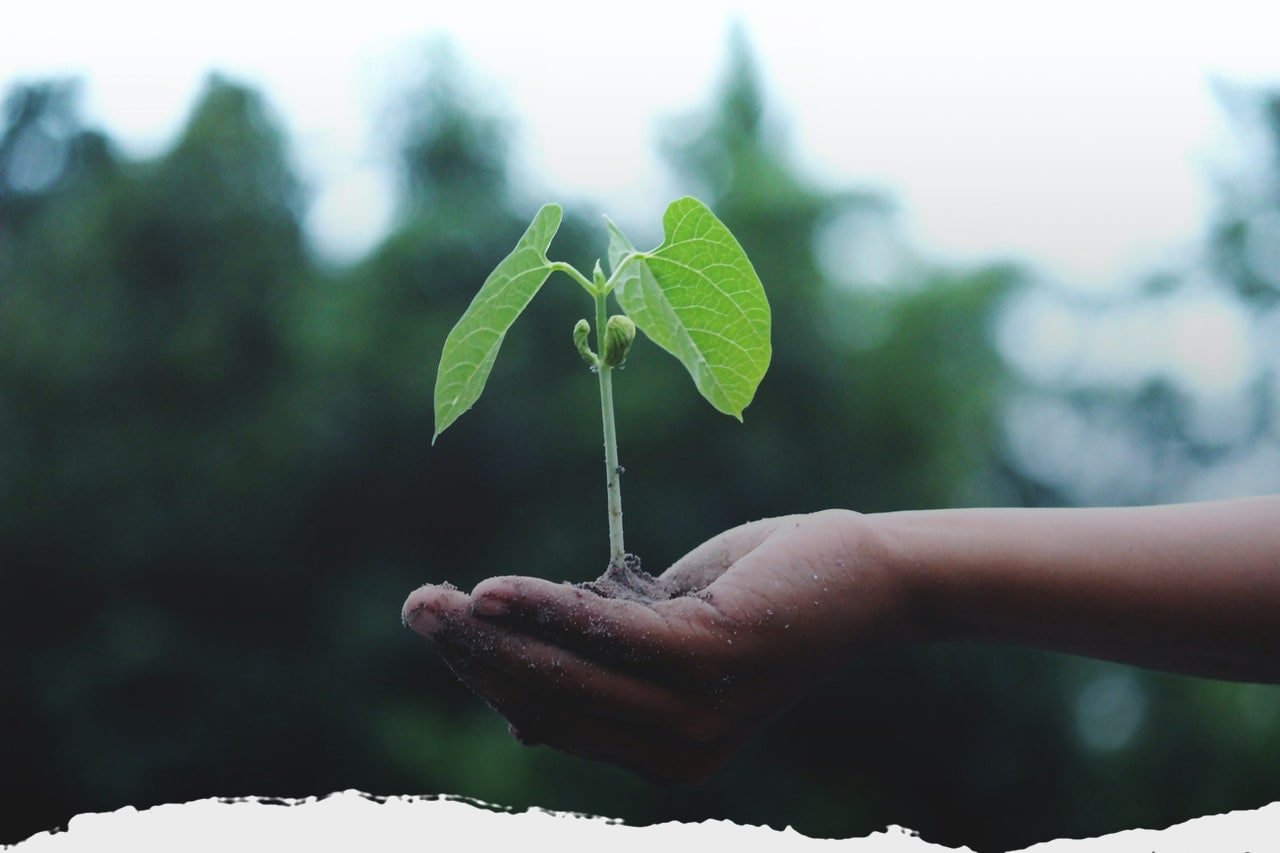Kale & Damson are driven to focus on key areas to ensure we are optimising best practice, in reducing any negative impact on the environment.
We are continually developing, monitoring, and exploring new methods to ensure our impact on the environment is kept as minimal as possible. This is achieved by utilisation of technology, software development, data analysis and ensuring investment is channelled effectively.
We also work with our stakeholders. Whether it be customers, suppliers, employees, and any other avenues such as government scheme and recommended bodies to be associated with, such as BRC (British Retail Consortium) accreditation. Which we are proud to be AA standard. We also operate a modern fleet of vehicles with the latest up to date technology. On average our vehicles are updated within 5 years.
All our efforts are driven to ensure we have best methods and practices maintaining a sustainable supply chain.
Waste
-We goal ourselves to achieve an avg. 0.5% produce waste. Recemt annual averages we have achieved 0.69% (excluding 2020). 2019 we were 0.76%. 2020 is disruptive with impact of coronavirus. We did however donate high volumes of produce to NHS, local charities, and communities to help reduce the effects of product wastage and support a much-needed requirement at the time. Due to lockdowns, we were unable to cancel shipments or sell any remaining stock to the hospitality sector.
– Kale & Damson encourage the repurposing of any packaging customer receive themselves. Opposed to recycling/returning were added impact is put on distribution. Putting a negative impact on the environment. As we would be effectively be transporting ‘fresh air.’
-We ourselves reuse pallets, box’s, and some packaging (where reasonable), and have recently introduce plastic crates that are consistently reused internally within the business operation to aid the distribution of prepared produce, dairy and heavy bulk goods. Helping to minimise our use on cardboard.
-Plastic crates are also monitored to ensure any loss is kept to the very minimum. The use of plastic crates helps prevent damage whiles in transit, and hence results in less food wastage due to the damage that could occur otherwise.
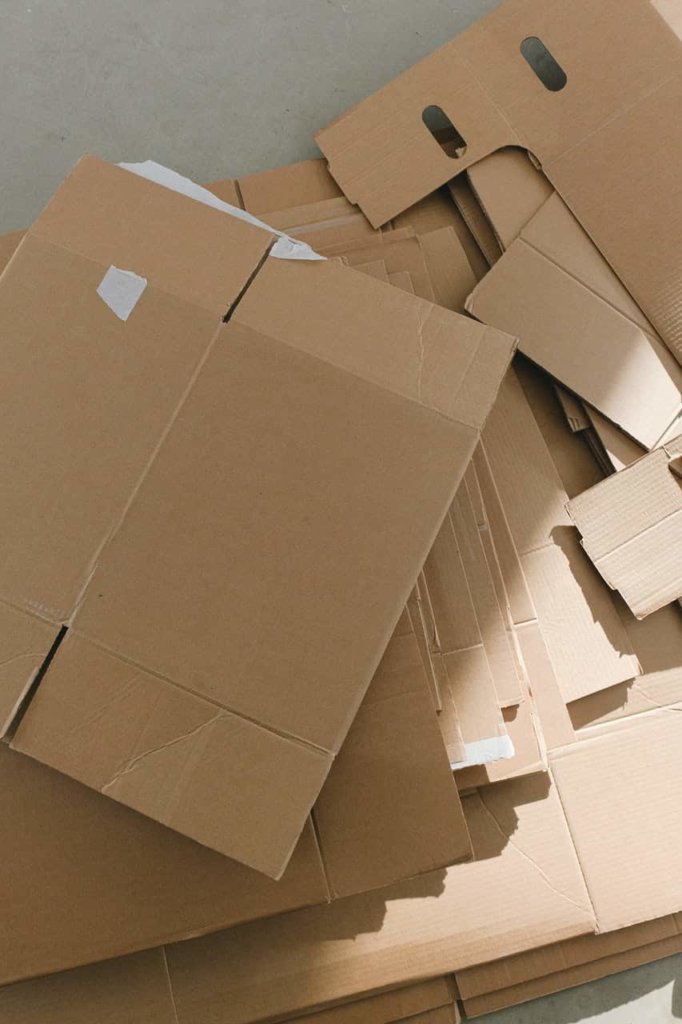
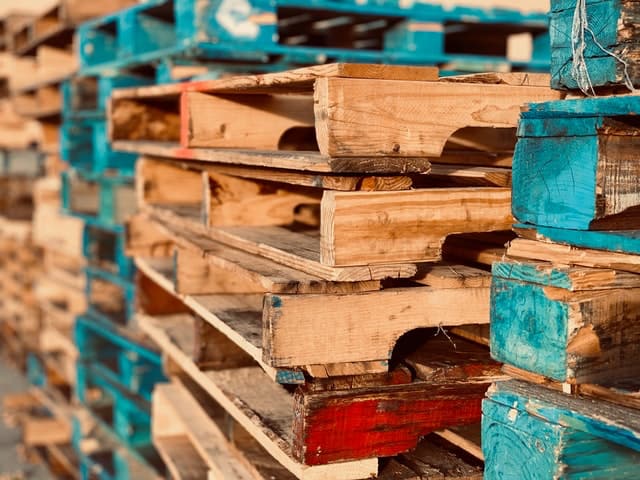
-All our waste is recycled whether it be plastic or cardboard. Broken pallets are donated to be repaired and reused. Any food wastage we instruct our refuse collector to incinerate, opposed to going to land fill.
-One other area we want to explore is enabling plastic crate use with customer’s splits. Some of the hurdles here:
- Ensuring all crates are returned.
- Resulting in all splits lines being ordered only, avoiding bulk packages. This will create over handling of produce, which is never ideal for fresh produce. Then further smaller packaging i.e., plastic split bag use, additional cardboard will increase.
Along with some other reasons, the above is an example of some of the reasons not to race into the method across the board. As we are fearful it could be a negative effect on the environment and poor use of investment also.
Here we are looking at ways to run a plastic crate system for our split orders without damaging product upon decanting at customer site.
We also work with a local charity, The C3 Church, whereby especially during these inconsistent COVID times. We have worked closely with the charity to help provide meals for vulnerable families.
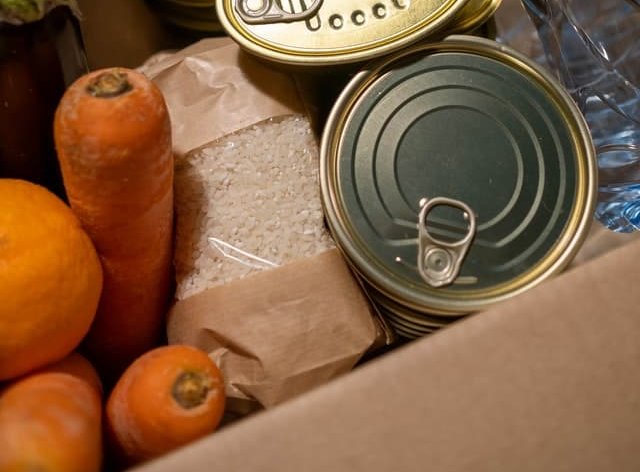
Pollution
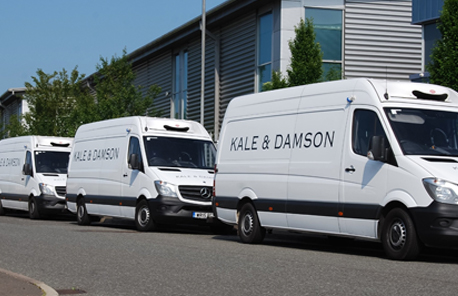
-Vehicle fridge units have now moved from diesel to engine power, where appropriate. Meaning the vehicle chills down whiles running and not being reliant on a separate engine.
-Explored the use of a fully electric powered and hybrid vehicle. Even though we appreciate there is new technology there. After trailing late last year we found the vehicles not suitable for carrying our payloads successfully at this time. However, the technology is catching up and something we will be looking to introduce when the time is right.
-We do operate one fully electric powered car, within the business quite successfully since 2014.
-We ensure all inbound and outbound distribution is carrying full capacity were reasonably possible. This ensures we are maximising the vehicle capacity and avoidance of transporting ‘fresh air.’
-Our depot forklifts are electric powered, opposed to gas or diesel. Also, we operating hand pumpers for groundwork.
-We are also challenging some customers to reduce their number of deliveries required. For example, we have some clients on 2-3 day delivery cycles a week. This allows us to only distribute in certain areas at a high concentration on key days. Opposed to part empty vehicles delivering daily, in areas.
-Our vehicles are all tracked and monitored. This allows:
- Efficient route planning and optimisation.
- Driver performance, on elements such as speeding, acceleration, harsh breaking and idling. Graded daily, and reporting from levels A to G. Currently we are sustaining level C. With a goal to get to B. Here we apply good driving behaviour with individuals. Helping them
improve. - Ensure efficient fuel economy.
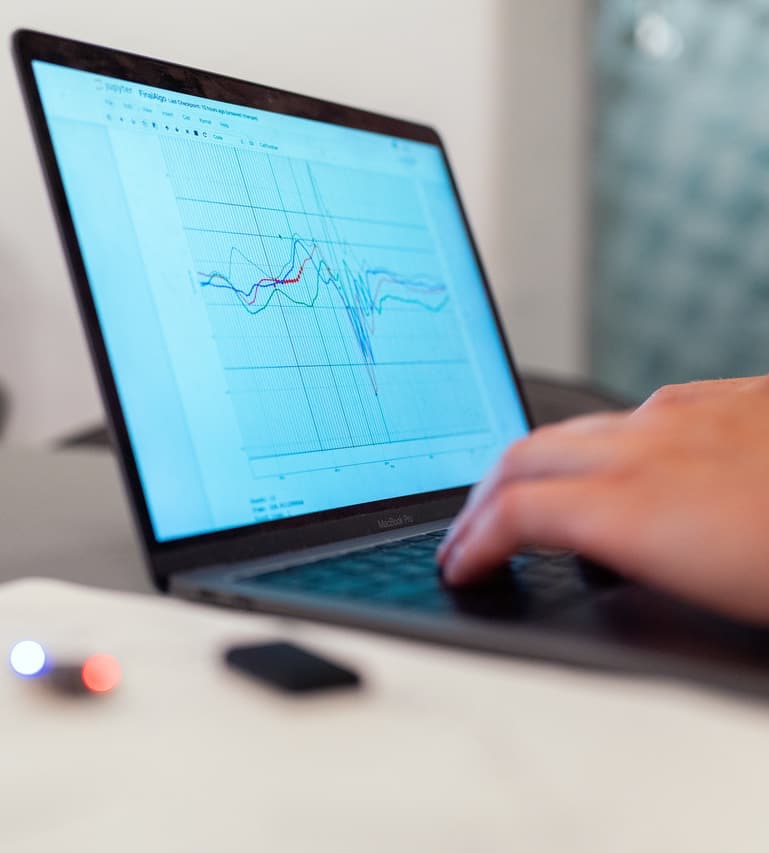

-Vehicle routes are reviewed quarterly. Where any new business, seasonal trends (i.e., summer/winters peaks and lows) are all taken into consideration. To ensure we have the most appropriate logistics in place.
-Our cardboard boxes are assembled on sight. This ensures when inbound distribution to us in a flat pack state every bit of capacity in transit is utilised and prevents any ‘fresh air’ distribution.
-Our vehicles are leased, to ensure we have a regular modern fleet with the latest emissions guidance and operating vehicles with AdBlue and Euro6 efficiency.
Water
-As a business we have minimum water use. Really only used in the following areas:
- Hand and bathroom washing facility.
- Vehicle washing (which is currently done externally)
-One area we would like to explore further with our external provider, is ensuring efficient use of reusing rainwater to wash vehicles. Also assess any contamination risks, given we are a food distribution business.
-We reuse the water produced from our cold condenser unit, which goes into our toilet system.
Energy
-When appropriate (and if possible) we will be open to exploring options of solar panels on our distribution depot, to help aid the power used to chill down the cold-room.
-We use a superior panel material to help contain the chilled temperature. Which as a result helps us to use less power.
